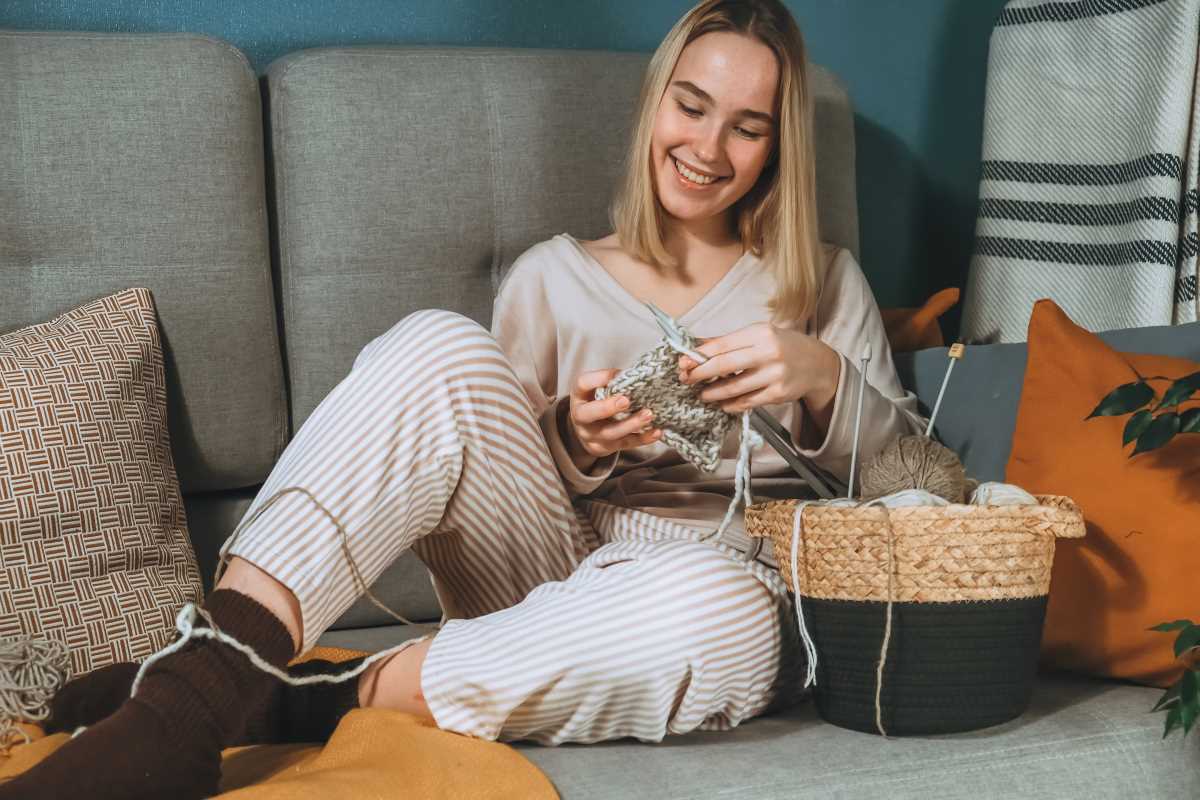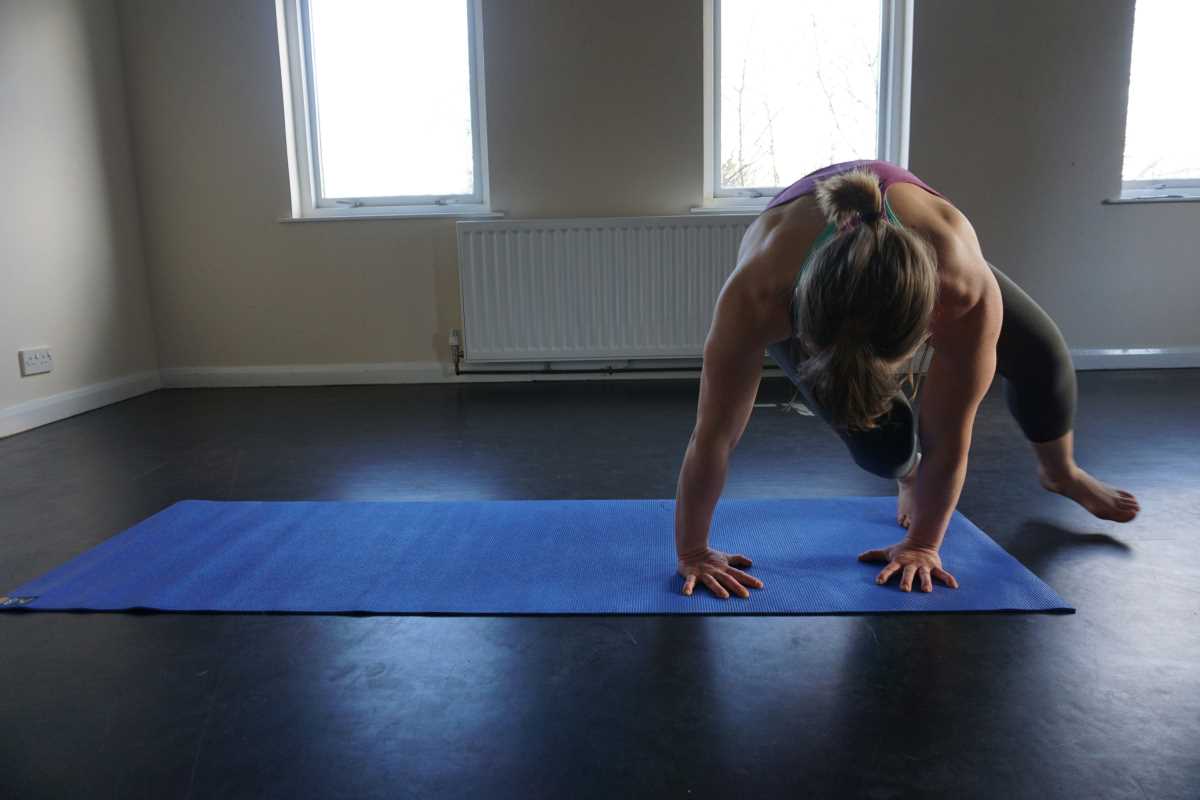Knitting has long been admired as a traditional craft, but its resurgence in recent years has sparked interest in its creative aspect and potential mental health benefits. People from all walks of life are picking up needles and yarn, finding solace and satisfaction in the rhythmic motions of knitting. This rise isn't just a trend; it's a testament to the timeless appeal of a simple, hands-on activity that offers more than just a finished product.
The Rise of Knitting in Modern Times
In the age of digital distractions, many are turning back to tactile activities like knitting to find a sense of calm and accomplishment. The steady popularity of knitting workshops, online tutorials, and vibrant knitting communities showcases a growing appreciation for this age-old practice. Social media platforms are teeming with hashtags like #knitspiration and #yarnaddict, highlighting the craft's widespread appeal.
Moreover, the fashion industry has played a role in this resurgence. High-end designers often incorporate knitted elements into their collections, bridging the gap between functional craft and high fashion. This blend has made knitting a hobby for well-being and a statement of style and personal expression.
Understanding the Calming Mechanisms
- Repetitive Motion: The consistent, rhythmic movements involved in knitting can induce a meditative state, helping to reduce stress and anxiety.
- Focused Attention: Concentrating on patterns and techniques diverts the mind from everyday worries, promoting mental clarity.
- Sense of Accomplishment: Completing a project, no matter how small, provides a boost in self-esteem and satisfaction.
- Creative Expression: Designing or choosing patterns allows for personal creativity, fostering a sense of individuality and purpose.
Scientific Research on Knitting and Mental Health
Studies have shown that knitting can significantly impact mental well-being. Engaging in knitting activities has been linked to lowered heart rates and decreased levels of cortisol, a stress hormone. The calming effect of knitting is similar to that of meditation, providing a natural way to manage stress and enhance overall mood.
Neuroscience research suggests that the patterns and sequences in knitting can stimulate the brain, improving cognitive functions such as memory and concentration. Additionally, the repetitive nature of knitting engages both hemispheres of the brain, promoting a balanced mental state and reducing the likelihood of negative thoughts taking over.
Personal Stories and Experiences
- Jane, a college student, found knitting to be a lifeline during stressful exam periods. The focus required for her projects helped her manage anxiety and maintain her academic performance.
- Mark, a retiree, uses knitting as a way to stay active and engaged. It provides him with a sense of purpose and a means to create meaningful gifts for his grandchildren.
- Linda, a working mother, incorporates knitting into her daily routine as a form of relaxation. It allows her to unwind after a hectic day while still being productive.
These stories highlight how knitting can be a versatile tool for individuals seeking to improve their mental health and maintain a balanced lifestyle.
Other Therapeutic Hobbies
While knitting offers numerous mental health benefits, it's not the only hobby that can contribute to well-being. Activities such as gardening, painting, and playing a musical instrument also provide therapeutic effects. Like knitting, these hobbies involve repetitive motions and creative expression, which are key to reducing stress and enhancing cognitive function.
Engaging in any hands-on craft can offer a similar sense of accomplishment and mindfulness. It's important for individuals to find the activity that best suits their interests and lifestyle to maximize the benefits for their mental health.
Knitting stands out as a particularly effective hobby for calming the mind, thanks to its blend of creativity, repetition, and tangible outcomes. Whether you're a seasoned knitter or just starting out, the mental health benefits are accessible to anyone willing to pick up a pair of needles and a skein of yarn.
 (Image via
(Image via





